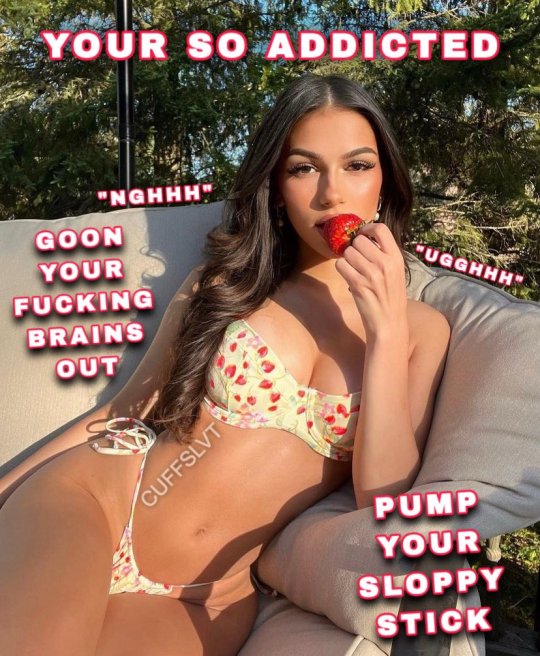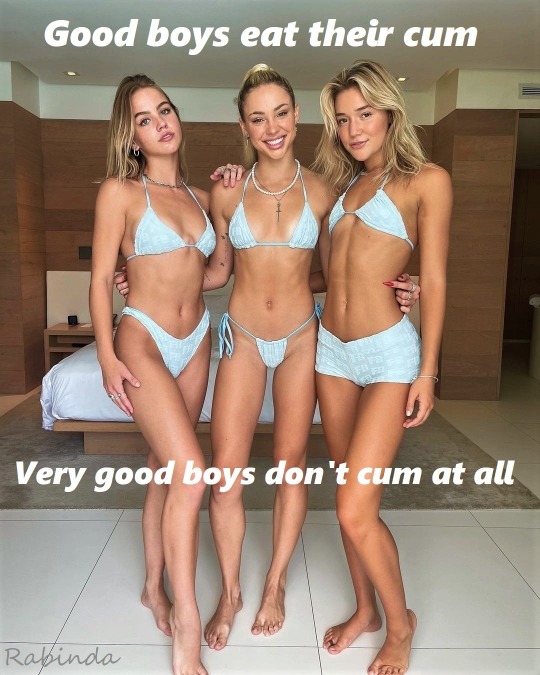#Jordan Brooks
Explore tagged Tumblr posts
Text
#I've been have nostalgic thought on my series and thought I'd see how people feel about theirs#a song of ice and fire#asoiaf#Dune#Wheel of Time#The Dark Tower#The Riftwar Cycle#Shannara#the Shannara chronicles#george rr martin#frank herbert#stephen king#raymond e. feist#raymond e feisty#terry brooks#Robert Jordan#I assume asoiaf will sweep but I keep my hopes up for others with a fighting chance#macs book poll
1K notes
·
View notes
Text
Old Hollywood & DC, an unrealistic casting, part I
(More details at the end, cool movies from the actors mentioned in parentheses)



Hal Jordan: Richard Arlen (Wings, Beggar's of Life) – the puppy charm and the overwhelming confidence... it's all there, Arlen is also one of the guys in the first gay kiss in film history in Wings, in which he interprets a pilot, I don't think I need to say more



Lois Lane: Rosalind Russell (My Girl Friday, The Women) – I mean... it's impossible not to see the resemblance after watching My Girl Friday in which Russell interprets a brilliant journalist going into increasingly insane situations... it's one of the best comedies ever made and very Lois Lane coded

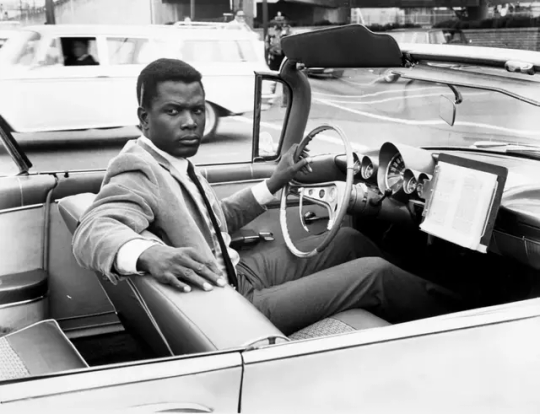

John Stewart: Sidney Poitier (Edge of the City, The Defiant Ones) – Neal Adams used Poitier as an inspiration to model John so this is technically cheating, but look at him! Poitier would not only be perfect for the role in looks but in talent too



Green Arrow: Errol Flynn (Gentleman Jim) – I admit I'm not a Flynn fan and I'm also not very big on Ollie either, but I do think these two match, Flynn also interpreted Robin Hood and his dramatic role in Gentleman Jim would fit the more drastic moments of Ollie's life



Sinestro: Conrad Veidt (The Cabinet of Dr. Caligari, The Hands of Orlac, Different from the Others and anything else you can find with him in it) – Veidt is actually more known for inspiring the creation of the Joker for his film The Man Who Laughs, but he's way more than that, a talented artist, a true queer ally and a babe who would make an outstanding, overdramatic and cunty Sinestro

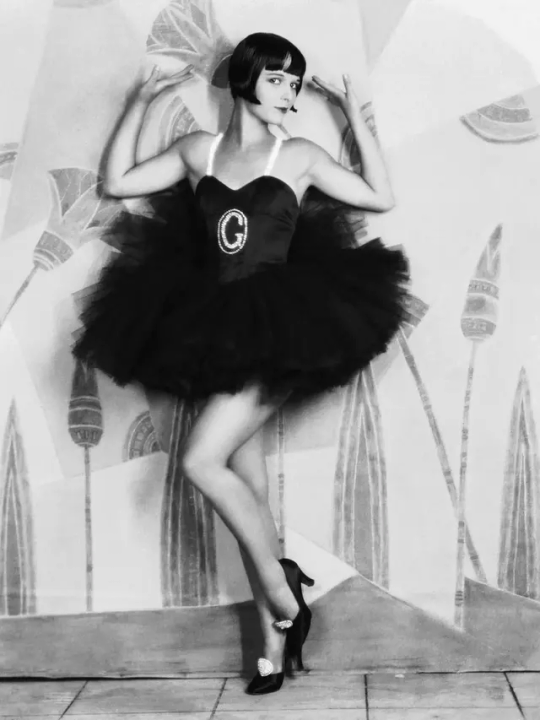

Zatanna: Louise Brooks (both her G.W. Pabst films are great, and Beggar's Life - with my Hal Jordan from this list) – Brooks made only a handful of films and while they're great, her strong personality in real life is what fascinates me the most, her mysterious beauty, expressive looks and dramatic range would make her an ideal Zatanna, even though her career was very short in real life
This list was inspired by this post (thanks for the idea @forthegothicheroine), it's a very anachronistic imaginary scenario, but I still followed some rules to come up with it, a) to include actors who were mostly active from the 1920s to 1970s b) who not only match the DC characters for their looks, but would also have the range to interpret them in their pre-crisis versions, so the feeling is as important as the aesthetic here c) to only include characters and actors I already had some contact with, by watching the films and reading the comics. This is only part I because there are still so many cool characters and actors I like left, but for now I'm happy with this
#old hollywood#highly specific posts#pre-crisis#dc comics#green lantern#hal jordan#john stewart#lois lane#green arrow#oliver queen#sinestro#zatanna#sidney poitier#richard arlen#louise brooks#conrad veidt#rosalind russell#errol flynn#dc#classic hollywood#silver age comics#bronze age comics#comics#silent film#fancast#text
68 notes
·
View notes
Text



❤️🌈Emma Brooks and Charly Jordan🌈❤️
🌈❤️💋
68 notes
·
View notes
Text
How Supercorp and shipping at large, damaged the Arrowverse fandom
This isn't meant to be an attack on any actor or ship in any form from Supergirl, just an analysis of shipping culture and toxic fandom
In the sprawling metropolis of National City, Supergirl soared through the skies, an emblem of hope and justice for all. Yet, beyond the bright lights and soaring capes, a darker narrative began to unfold in the digital realm. The Supercorp fandom, a fervent subset of the Supergirl fanbase, coalesced around the romantic pairing of Kara Danvers and Lena Luthor, two of the show's central characters. Initially a celebration of friendship and the potential for love, the movement grew a sinister underbelly as some of its most vocal members turned toxic. Their insatiable thirst for validation and the desire to impose their narrative onto the show's trajectory began to cast a shadow over the very essence of the show they claimed to cherish. The once harmonious fan community transformed into a battleground where dissent was met with vitriol, and the creators of the show bore the brunt of the harassment.
The Supercorp shippers grew increasingly aggressive as the show progressed without affirming their desired relationship. They bombarded social media with demands for "their" couple to become the central romance, often targeting the show's cast and crew. The intensity of their campaigns grew from hopeful fan art and thoughtfully crafted analyses to vicious personal attacks on those who disagreed with their perspective. The actors, who had once engaged with fans with grace and enthusiasm, began to withdraw from social media, citing the overwhelming negativity. The writers, caught in a crossfire of expectations and creative vision, were vilified for their narrative choices, regardless of the complexity and depth they sought to imbue into their characters. The atmosphere grew so toxic that any deviation from the Supercorp narrative was met with accusations of queerbaiting and betrayal, silencing any nuanced discussion about the show's themes of friendship, redemption, and identity.
When Tyler Hoechlin's Superman, a symbol of truth and moral fortitude, appeared to give his blessing to the burgeoning romance between Kara and Mon-El, the fury of the Supercorp shippers was unleashed like a torrent. They saw it as an affront to their own version of the story, a storyline they had grown so invested in that it had begun to overshadow the very essence of the show. The character they had once revered as a paragon of virtue was now vilified, his every action dissected for signs of "anti-Supercorp" sentiment. Hoechlin, known for his portrayal of the stoic and noble Man of Steel, found himself at the center of a maelstrom, his personal life and professional credibility questioned by a fanbase that had grown to resent his very presence on the show. The backlash was swift and unforgiving, with some going so far as to claim that his portrayal was intentionally sabotaged to diminish the Supercorp narrative.
Melissa Benoist, who brought Kara Danvers to life with a blend of earnestness and charm, faced a similar plight. Her portrayal of the heroine's journey was no longer appreciated for its complexity, but rather scrutinized under the unforgiving lens of the shippers' obsession. When she dared to express excitement over the show's new developments, she was met with a deluge of anger and accusations of being complicit in the "erasure" of the Supercorp relationship. It was a stark contrast to the early days of the show when her interactions with the fandom were characterized by mutual admiration and joyful exchanges. Now, every smile and every word of hers was twisted into a weapon to be used against her, a testament to the tragic transformation of a community that once championed love and inclusivity into one that embraced hostility and division.
The situation came to a boiling point when Jeremy Jordan, known for his role as Winn Schott, dared to perform a light-hearted song at a Comic-Con event, poking fun at the intense shipping culture surrounding the show. The song, which playfully affirmed Kara and Lena's friendship without romantic undertones, was intended to be a moment of levity amidst the intense fan debates. However, the reaction was anything but amusing. The Supercorp shippers took his jest as a declaration of war, and Jordan soon found himself on the receiving end of a barrage of death threats, his inbox flooded with messages that were far from the love and support he had once known from his fanbase. The line between passion and obsession had been crossed, and the consequences were dire for all involved.
Mehcad Brooks, who played James Olsen, became the next target of the Supercorp shippers' wrath when his character entered into a relationship with Lena Luthor. Despite his character's longstanding friendship with Kara and the natural progression of his story arc, the mere existence of a romantic option outside of the Supercorp pairing was seen as an affront. The racial undertones of the backlash against Brooks were impossible to ignore; a Black man daring to pursue a romantic interest with a white character was met with a deluge of racist vitriol. The harassment was relentless, with some fans even going so far as to digitally manipulate images of Brooks to vilify him further. The joy and camaraderie that once defined the Supergirl community had been replaced by a toxic brew of entitlement and hate.
The showrunners, too, were not spared from the wrath of the Supercorp shippers. When James and Lena's relationship grew stronger, the show's creators faced a barrage of accusations that they were "forcing" a narrative to appease a non-existent "anti-Supercorp" agenda. The creators' inboxes were flooded with threats and demands to change the course of the show. The once-celebrated diversity and inclusivity of Supergirl's cast and storylines were now weaponized against them, with the show's very ethos of fighting for justice and equality being twisted into a narrative of oppression and exclusion. The irony was palpable, yet the toxic shippers remained unmoved by the harm they were causing to the very fabric of the fandom they claimed to love.
Chris Wood, who portrayed Mon-El, found himself an unwilling participant in a sordid drama that reached beyond the confines of the screen. As Kara's romantic interest, he became the object of the Supercorp shippers' scorn, with many accusing him of being a homewrecker who had stolen Melissa Benoist away from her ex-husband, Blake Jenner. The accusations grew increasingly personal and spiteful, with some fans even going so far as to claim that Wood was the reason for Benoist's divorce. This spiteful narrative painted Wood as a villainous figure, a heartless usurper who had dared to stand in the way of the "true" love between Kara and Lena. Little did they know that the real-life events were far more complex and tragic than their fictional grievances.
Years later, Melissa Benoist bravely came forward with her harrowing story of abuse at the hands of a former relationship who is believed to have been Blake Jenner. Her revelations sent shockwaves through the fandom, shattering the illusions that had been so meticulously crafted by the Supercorp shippers.
In the aftermath, a disturbing pattern began to emerge as it was discovered that almost immediately following Benoist's public disclosure, certain factions within the Supercorp fandom had twisted her personal tragedy into a twisted narrative that served their own purposes. These shippers took to the digital realm, crafting fanfictions that painted Mon-El, and by extension Chris Wood, as the abuser, rather than the supportive partner and friend he had been in the show. It was a macabre display of how deeply their obsession had distorted their moral compass, using real-life pain to fuel their fictional vendetta against a character they perceived as a threat to their preferred narrative.
The new fanfics spun a sordid tale of Kara, the quintessential heroine, being saved not by her own strength and resilience but by the love of Lena, a narrative that not only trivialized Benoist's experiences but also reinforced harmful stereotypes about women in need of saving by other women. The audacity to appropriate such a sensitive and deeply personal revelation was met with disgust by many, particularly Karamel shippers. Yet, these toxic shippers remained steadfast in their belief that their imagined reality was more important than the actual lives and well-being of the actors who had brought their beloved characters to life.
Chris Wood, now cast as the villain in their warped narratives, faced a new wave of abuse. His social media accounts were inundated with messages that not only vilified him as Mon-El but also claimed that he had been the one responsible for Benoist's suffering. The leap from fiction to reality was a chilling one, and it illustrated the extent to which the Supercorp shippers had lost touch with the distinction between the show and the personal lives of its cast. The once-supportive environment had become a cesspool of projection and spite, with the actors' personal lives being used as fodder for their fanatical fantasies.
In an effort to maintain their sanity and protect themselves from further harm, both Melissa Benoist and Chris Wood made the difficult decision to turn off comments on any Instagram posts that mentioned the other. It was a silent declaration of the boundaries they had to enforce, a digital barricade to shield themselves from the relentless tide of harassment. The vibrant conversations that once filled their social media feeds with excitement and camaraderie had become minefields of toxicity, and the joy they once found in connecting with fans had been tainted beyond recognition, even on posts about their engagement, wedding, pregnancy and birth of their son.
Katie McGrath, who played Lena Luthor, had always been an advocate for fan expression and a vocal supporter of the Supercorp ship, appreciating the passion and creativity of the fandom. However, as the harassment grew, she found herself caught in the crosshairs as well. Her genuine support for Benoist and Wood's relationship was twisted by the toxic faction into a tacit endorsement of the abuse they were facing. The irony was not lost on her; the very essence of the ship she had championed, the love and friendship between Kara and Lena, had been corrupted into a tool for attacking the very people who brought those characters to life.
When McGrath was one of the many Supergirl cast members to model for Wood's mental health help organization, I Don't Mind, it was a gesture of solidarity that highlighted the importance of mental well-being and the need to break down stigmas surrounding mental health. Yet, even this act of kindness and advocacy was not immune to the distortion of the toxic Supercorp shippers. Some fans, blinded by their obsession, claimed that her participation was a covert declaration of love for Wood's character, thereby "betraying" the sanctity of Supercorp. The twisted narrative grew more convoluted as they accused her of using her platform to promote an "anti-Supercorp" agenda and asking if Wood forced McGrath to help campaign, despite the clear intentions of her involvement in the campaign. The very essence of I Don't Mind, which sought to foster an environment of openness and support, was hijacked by a vocal minority who could only see the world through the lens of their own narrow desires.
Jeremy Jordan, who had been a staple of the show since its inception, decided to take a step back from the series after his character, Winn Schott, was written off. The decision was met with mixed reactions from fans, with many questioning the timing and whether it was due to the relentless pressure from the Supercorp shipping community. His exit was not just a loss for the show, but also a symbol of the destructive power of toxic fandom. Jordan had once been a beloved member of the cast, his performances celebrated for their humor and heart. But as the show progressed and the shipping wars intensified, he had become a pawn in a larger, uglier battle that had nothing to do with his own artistic choices or the story he was helping to tell. His departure was a stark reminder that even the most well-intentioned creators and performers could not escape the wrath of those who felt entitled to dictate the course of the narrative.
Chris Wood's exit as Mon-El was perhaps the most contentious of all. His character had been a polarizing figure among fans, with many feeling that his relationship with Kara detracted from the perceived "true love" between her and Lena. As the abuse grew more vicious, it was evident that Wood's experience on the show had been deeply affected. His decision to leave was met with both relief and anger, with some Supercorp shippers claiming victory while others lamented the loss of a character who had grown so much since his introduction. For Wood, the experience had undoubtedly left its mark, a testament to the power of fandom to shape not just the narrative but the lives of those involved in the storytelling.
Mehcad Brooks faced a similar fate when his character, James Olsen, was written out of the show. Despite being a founding member of the cast, Brooks' portrayal of James had often been sidelined in favor of the Supercorp narrative. His character's growth and development were often overshadowed by the fervent desire for Lena and Kara to become romantically involved. When the showrunners allowed James to find love and success outside of the Supercorp dynamic with his relationship with Lena, it was seen by the toxic faction as a betrayal. The joy of his character's evolution was lost in the sea of anger and entitlement. Brooks' exit was not just a loss for the show but a stark reminder of the way in which toxic shipping can diminish the contributions of actors of color, reducing them to mere props in a white-centered romance.
The show's cast and crew, once a tight-knit group who reveled in the love and support of their fanbase, now found themselves navigating a minefield of accusations and hostility. The Supercorp shippers had become a force to be reckoned with, capable of turning any positive interaction into a battleground. The atmosphere at conventions and press events grew tense, as actors and creators alike were forced to tiptoe around the subject of their characters' relationships. The joy of collaborative storytelling and fan interaction had been tainted by the relentless pursuit of a single narrative, leaving a bitterness that was palpable both on and off-screen.
As the final season of Supergirl approached, the anticipation of the Supercorp shippers reached a fever pitch. They were certain that the showrunners would finally succumb to their demands and make their ship a reality. Yet, as the episodes unfolded, it became clear that the show had a different ending in mind. The narrative arc that the writers had been carefully crafting over the years culminated in a finale that saw Kara and Lena's friendship not just endure but flourish. It was a poignant reminder of the show's core message: that love comes in many forms, and that friendship is one of the most powerful and enduring bonds of all.
Everybody lost their minds when Supergirl's series finale didn't give the Supercorp shippers the ending they had so fervently demanded. The fallout was swift and brutal, with the toxic faction of the fandom unleashing a new torrent of abuse and anger. The cast and crew, who had worked tirelessly to bring the story of Kara Danvers to life, were vilified for not bending to the will of a vocal minority of toxicity. The actors who had dedicated years of their careers to the show were vilified, their personal relationships and mental health dragged through the mud by fans who claimed to love them. Yet, amidst the chaos, there was a sense of relief among the show's broader fanbase, who had watched with horror as their community had been hijacked by toxicity.
The Supercorp shippers screamed their grief into the digital void, feeling betrayed by the very show they had claimed to champion. The irony was not lost on the rest of the fandom; here was a group that had claimed to fight for representation, yet when it was given to another character in the form of Alex Danvers marrying a woman, it was deemed invalid. The cries for diversity and LGBTQ+ inclusion had been weaponized, wielded like a cudgel to bludgeon anyone who didn't adhere to their narrow vision of what that representation should look like. The reality was that Supergirl had been a bastion of LGBTQ+ visibility since its inception, with characters like Alex, Nia Nal and Maggie Sawyer paving the way for more nuanced and complex portrayals of queer relationships in mainstream media. Yet, the Supercorp shippers could only see the world in terms of their own desires, dismissing the value of any narrative that didn't conform to their narrow viewpoint.
In stark contrast, the introduction of Nia Nal, played by the charismatic Nicole Maines, was met with an outpouring of love and acceptance from the majority of the Supergirl fanbase. Nia, a transgender woman with the power of dream manipulation, brought a new dimension to the show's ensemble, embodying hope, strength, and courage in a way that resonated deeply with viewers. Maines, the first transgender superhero to appear on a CW show, became a beacon of representation and a symbol of progress in a genre that had often fallen short in this regard. Her portrayal was met with applause and admiration, not just for her acting chops but for the authenticity she brought to a character that was so much more than a token gesture towards inclusivity.
But not all were as welcoming. On Tumblr, a transphobic radical feminist Supercorp shipper, unable to reconcile their narrow worldview with the show's evolving narrative, lashed out. They posted a blog entry questioning Nia's identity, using hateful language and misgendering her as a "him." The post was a blatant act of disrespect, not just to the character but to the entire transgender community. It was a stark reminder that even within the LGBTQ+ spectrum, there were those who sought to diminish and erase the experiences of others.
Evidently showing that while racism and bullying was okay for Supercorp shippers, transphobia wasn't a card they were willing to play, the backlash against the transphobic blogger was swift and severe. The Supergirl fandom rallied together in defense of Nia Nal and Nicole Maines, using their collective voice to drown out the hate. Fans from all corners of the spectrum, including those who had once shipped Supercorp, banded together in a display of solidarity that was truly inspiring. They recognized the importance of genuine representation and the impact it had on the lives of transgender individuals. The incident served as a stark reminder that while the love for a fictional couple could be intense, it should never come at the cost of real people's identities and experiences.
The IMDb trivia section for the 2021 Mortal Kombat film, in a bizarre twist, had become an unexpected battleground for the Supercorp saga. Twice listed as a "fun fact," Mehcad Brooks' name was associated with being "toxic and rude."
Why is this interesting? Because the Supercorp fandom was shocked when Mechad Brooks snapped at Supercorp shippers on his Instagram when one of them told him to stay away from Katie McGrath. The fandom exploded with accusations of his rudeness, which spread like wildfire across social media. It was a rare moment where a celebrity broke the fourth wall and addressed toxic fandom behavior directly. But what's even more intriguing is the persistence of the narrative. Despite Brooks' portrayal of James Olsen on Supergirl being widely praised for his charm and grace, his name is now tarnished with a label that seems to stick like a stubborn piece of gum on the sole of a shoe. The IMDb trivia section, typically reserved for light-hearted anecdotes and behind-the-scenes tidbits, had been appropriated by a faction of Supercorp shippers to perpetuate their grievances. It was as if they had claimed a piece of internet real estate to broadcast their discontent to the world.
Hayley, known online as Redkrypto, was one of the most notorious Supercorp shippers. Her digital footprint on Tumblr was a minefield of anger and bitterness directed at anyone who dared to support the Karamel or Guardiancorp ships, which involved Kara with other characters. Her blog was a toxic stew of accusations, manipulation, and harassment. She had a knack for turning the most innocuous interactions into fodder for her crusade against perceived threats to her preferred ship. Her followers, a small but vocal group, eagerly lapped up her rhetoric, creating a echo chamber of negativity that spilled over into the wider Supergirl community. The line between critique and bullying had been crossed, and the effects were palpable.
Following the comic con "incident" as discussed above, Jeremy Jordan suffered severe food poisoning following lunch at Chipotle with the rest of the cast and was hospitalized, Redkrypto "joked" that someone who worked at the restaurant was a Supercorp shipper. Whether she was legitimately joking or being serious is unknown but this could've gotten the employee fired if the joke went too far. Hayley's digital crusade had grown so pervasive that even the most innocent of events were now seen through the lens of her toxic worldview.
The situation grew more alarming when Redkrypto took her rhetoric to new lows. In a series of blog posts, she launched a scathing attack on asexual fans, claiming they "belonged in the sewer". The irony of her words was lost on her devoted followers, who echoed her sentiments with a fervor that was both disturbing and disheartening. The Supergirl fandom, which had once been a haven for all, had become a battleground where even sexuality was a point of contention. Her diatribes grew more extreme, as she began to target bisexual fans who dared to date men, insisting they were "straight-washed" and not truly part of the LGBTQ+ community. The division she sowed grew wider, fracturing the once unified fanbase into a fragmented mess of accusations and spite.
The toxic environment that Hayley had created was not limited to social media. Her influence had seeped into the real world, where her words had tangible consequences. Conventions, once a place of refuge for fans to come together and share their love for the show, had become battlegrounds where alliances were drawn in the sand. Panels were no longer about celebrating the show but about interrogating the cast and crew on their personal relationships and narrative choices. The joy of the event was replaced by tension as actors and creators tried to navigate a minefield of hostile questions and accusations, all while maintaining the façade of a happy, inclusive community.
When the final season of Supergirl aired, Hayley's anger grew with each episode that did not bend to her will. Her blog posts grew longer, her words more caustic, and her accusations more personal. The showrunners, actors, and even fellow fans who dared to disagree with her were vilified in a relentless stream of vitriol. It was clear that for Hayley, the ship had become more than just a fictional romance—it was a battleground for her own identity and self-worth. The validation she sought in the arms of her "OTP" had consumed her to the point of obsession, and the realization that she may not get the ending she craved was unbearable.
As the finale approached, Hayley's digital presence grew increasingly erratic. She posted feverishly, crafting elaborate conspiracy theories about the show's narrative choices and the motives of the cast and crew. Her followers grew more desperate, clinging to her every word as if it were a lifeline in a sea of disappointment. The tension grew so thick that even the most devoted Supercorp shippers began to feel the strain, some questioning if the fight was truly worth the cost.
The night of the finale, Hayley's blog remained eerily silent. The anticipation in the fandom was palpable, with fans across the globe waiting for her reaction. As the credits rolled and the reality sank in that Supercorp was not to be, the digital silence was deafening. The Supergirl community held its collective breath, waiting for the storm that was sure to come.
A few Supercorp shippers turned on her for getting their hopes up for years only to watch them crumble before their eyes. Some accused her of being a "sellout," while others claimed she had lost touch with the "true essence" of the fandom. The accusations stung, but Hayley remained steadfast, her resolve to fight for her ship unwavering. Yet, deep down, she couldn't ignore the nagging doubt that whispered she had gone too far, that her obsession had turned from a labor of love into something dark.
Whether her blog was forcibly deleted by Tumblr for the harassment or her ego being damaged for the show not bending to her will, Redkrypto's account was deactivated shortly after the finale. The absence of her toxic voice was a relief to many in the fandom, but the scars she left were not so easily erased.
Part of me feels bad for the shippers who genuinely didn't bully anyone in the cast or crew or fandom and wanted Supercorp to be canon, who had their love story validated. They're the true victims here. They didn't deserve the toxic behavior from Redkrypto and her ilk. The damage done by a few radicals had cast a pall over their innocent love for a TV couple.
But the aftermath of Supercorp's end was a reckoning for many. Fans who had been swept up in the ship war took a step back and reflected on the community they had become. The joy of shipping, of rooting for a couple, had been twisted into something ugly and harmful. The cast and crew had become pawns in a game that had grown out of control, and it was time to dismantle the toxic structures that had been built.
Looking to other fandoms, one could not help but draw parallels to the Olicity and Snowbarry ships. In Arrow, the tumultuous relationship between Oliver Queen and Felicity Smoak had once been the epicenter of fan adoration. Yet, as the showrunners wove a narrative that didn't always align with the shippers' desires, a toxic undercurrent emerged. The Olicity fandom, much like Supercorp, had become a force to be reckoned with, their influence extending beyond the confines of fanfiction and into the lives of the actors and creators. The relentless pursuit of their "endgame" led to a frenzy of entitlement, with any deviation from their desired plotline vilified.
Credit to the Olicity fandom, their ship was canon and remained the main couple until the end of the series but at the sacrifice of Laurel Lance and her actress Katie Cassidy's relationship with the show and fandom. The Snowbarry shippers, on the other hand, faced a rollercoaster of emotions with the on-again, off-again romance between Barry Allen and Iris West, hoping that would lead to Barry getting with Caitlin Snow.
In the Arrowverse, the Olicity shippers had their way, often at the cost of the show's narrative coherence. Storylines were manipulated, characters were sidelined, and any potential romantic competition was vilified. The once-promising character of Laurel Lance, who had been an integral part of the show's foundation, was reduced to a tragic plot device to fuel the Olicity relationship. The toxic rhetoric grew so intense that Katie Cassidy, who played Laurel, found herself in the crosshairs of the fandom's rage, her every move scrutinized and criticized, no matter how much she tried to rise above it.
When Laurel was controversially killed off in the show's fourth season, the Olicity shippers celebrated, viewing it as a clear path for their preferred couple. Yet, the fallout from this narrative decision was profound. The Arrow fandom was irrevocably split, with many feeling betrayed by the showrunners for sacrificing a beloved character to serve a romantic plotline. The death of Laurel Lance became a symbol of the toxicity that can fester within a fandom when the desire for a specific romantic pairing overshadows the integrity of the show's storytelling and character development. The subsequent treatment of Katie Cassidy, who was vilified for playing a character that had been written to challenge the Olicity narrative, served as a stark reminder of the real-life consequences of fandom entitlement.
For those who had invested themselves in the Laurel-Oliver relationship, known as "Lauriver" shippers, the loss was particularly acute. Laurel's canonical last words to Oliver, urging him to be with Felicity, felt like a slap in the face. It was a narrative twist that seemed to cater directly to the Olicity fanbase, a knife twisted in the heart of those who had rooted for the original pairing. The anger was swift and decisive; a boycott of the remaining episodes of the season was organized, with hashtags like #NoKatieNoArrow and #NoLaurelNoArrow trending on Twitter as fans rallied around their fallen heroine. The boycott was not just a statement of dissent but a declaration of war, a battle cry against the perceived tyranny of the showrunners.
The CW network, noticing the seismic shift in fan sentiment, stepped in and instructed the Arrow showrunners to bring Laurel back. But the damage had already been done. The trust between the show and its viewers had been shattered, leaving a fractured fanbase in its wake. The showrunners, in an attempt to appease the disenchanted, brought back Katie Cassidy not as the beloved Laurel Lance but as Earth-2's villainous counterpart, Black Siren. The move was met with more fury than relief, as it felt like a cruel twist of fate to those who had invested so much in the original character's journey.
The decision to rebrand Black Siren as the new Black Canary was a strategic one, a move that sought to rekindle the love lost by the Olicity narrative. The transformation was a slow burn, with Katie Cassidy delivering a powerful performance that showcased the character's complexity. Initially, her character remained a villain, a constant thorn in Team Arrow's side, but as the seasons progressed, she began to grapple with the echoes of the Laurel they had lost. The writers delicately wove a narrative of redemption, one that allowed her to embody the essence of the hero they had so fervently loved without betraying the integrity of the original character arc.
Through a series of heart-wrenching episodes, Laurel's doppelgänger faced the consequences of her actions and the weight of her identity. She was forced to confront her past as a villain and the pain she had caused, particularly to Oliver Queen. The dynamic between them grew taut with tension, a dance of regret and resentment that slowly evolved into something more. It was clear that the writers were treading a fine line, not wanting to diminish the memory of Laurel Lance but also eager to give the character a second chance at heroism. The journey was fraught with emotional turmoil, as the fandom watched with bated breath to see if this new iteration of their beloved character could truly atone for her past sins.
The transformation of Black Siren into the new Black Canary was not instantaneous. It was a meticulously crafted arc that showcased the depth of Katie Cassidy's acting and the writers' commitment to redemption. Each episode was a delicate balance of light and shadow, revealing the humanity beneath the hardened exterior. The moments of vulnerability she shared with the team, particularly with her father Quentin Lance, served as a poignant reminder of the love that once existed in her heart. The scenes of her training, her struggle to control her powers and find her moral compass, were a testament to the complexity of the human condition and the endless capacity for change.
What does this have to do with Supercorp? Because it shows what happened when the writers of a show listened to the fandom about a popular ship. It was a cautionary tale that Supergirl's showrunners had to navigate carefully. The aftermath of Laurel's death and the subsequent fan revolt was a stark reminder that the pursuit of "endgame" happiness could come at a steep cost. They had to balance the desire to appease the vocal minority with the need to serve the story and its diverse cast of characters.
In the end, the shipping wars in the Arrowverse proved that the ultimate fate of a couple on a CW show was not the be-all, end-all of a character's story. Characters evolved, relationships grew, and even the most steadfast of ships could change course. The real beauty of these shows was not in the romance but in the friendships, the growth, and the journeys of self-discovery that each character embarked upon. Supergirl, like its sister shows, had a multitude of narratives to explore beyond romance, from Kara's development as a leader to the complexities of Lena's redemption arc.
Maybe the Supercorp fandom will eventually be deader that Clark Kent and Lois Lane after their finale of Superman and Lois, but for now, the wounds are still fresh. The shipping wars had left a gaping chasm in the heart of the Supergirl fandom, one that threatened to swallow any semblance of unity and camaraderie whole. Yet, amidst the ruins of the fractured fanbase, a quiet revolution began to take shape.
Some fans, tired of the toxicity, started to re-evaluate what they truly loved about the show. They turned their focus back to the themes of empowerment, friendship, and family that had drawn them in from the beginning. They found solace in the unbreakable bonds between Kara and Alex, the Danvers sisters' unconditional love serving as a beacon of hope amidst the chaos. They celebrated the nuanced portrayal of Lena Luthor's moral compass and her struggle with the weight of her family name. They even dared to explore other relationships, like Kara's blossoming romance with Mon-El and Lena's partnership with James Olsen. It was as if the fog of shipping had lifted, revealing a rich tapestry of narratives that had been obscured by the obsession with one ship.
I conclude that this may have been a tad biased in its stance against the Supercorp toxicity. After all, who doesn't have a favorite pairing or two? But it also argues that the love for a show shouldn't come at the cost of its cast, crew, or fellow fans. So, thank you, dear reader, for wading through this minefield of emotions and emerging unscathed. I hope you've gained a newfound appreciation for the power of shipping and the importance of maintaining a healthy fan community instead of resorting to bullying and death threats.
#essay#essay writing#fandom toxicity#shipping culture#arrow fandom#supergirl fandom#fandom bs#fandom bullshit#shipping bullshit.#melissa benoist#chris wood#katie mcgrath#tyler hoechlin#jeremy jordan#mehcad brooks
48 notes
·
View notes
Text
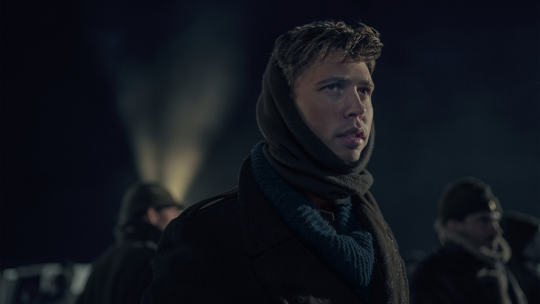
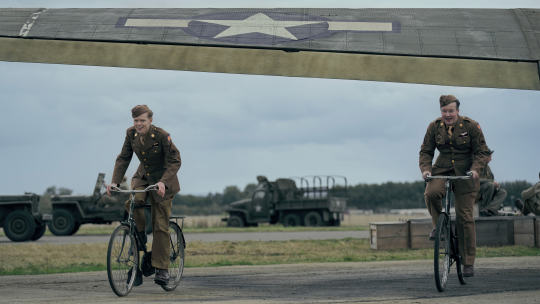
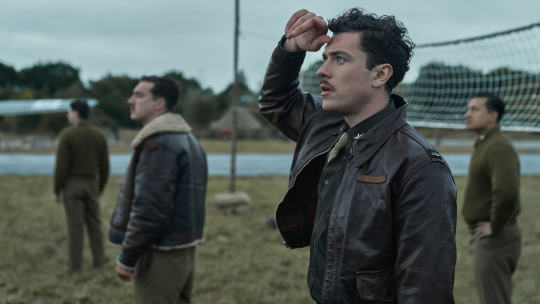
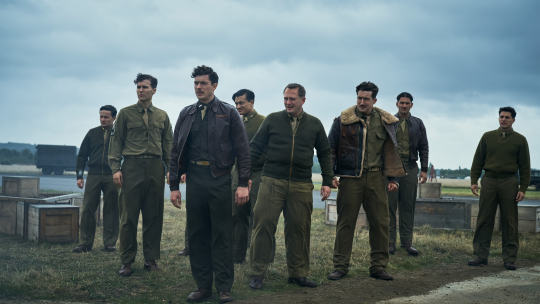


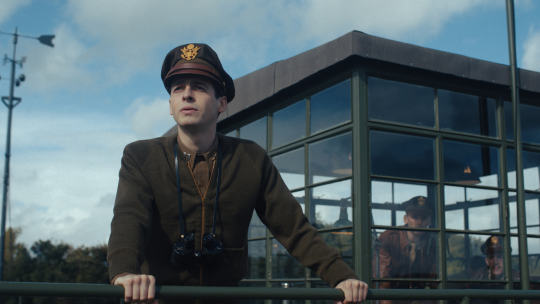

new stills from episode 7!
#looks like another rosie-focused one. loving that concept!#masters of the air#hbo war#stills#austin butler#kai alexander#bailey brook#nate mann#dean john-wilson#jonathan halliwell#josh bolt#ian dunnett jr#riley neldam#callum turner#anthony boyle#raff law#samuel jordan#jack myers#edward ashley
186 notes
·
View notes
Text





🌈❤️Charly Jordan, Olivia Ponton and Emma Brooks❤️🌈
🌈❤️💋
#🌈crush#amazing abs#🌈❤️💋#Charly Jordan#Olivia Ponton#Emma Brooks#Charly Jordan Olivia Ponton and Emma Brooks
67 notes
·
View notes
Text

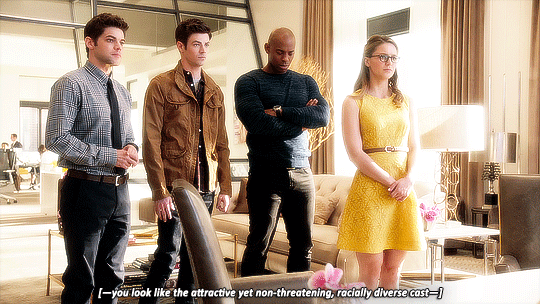
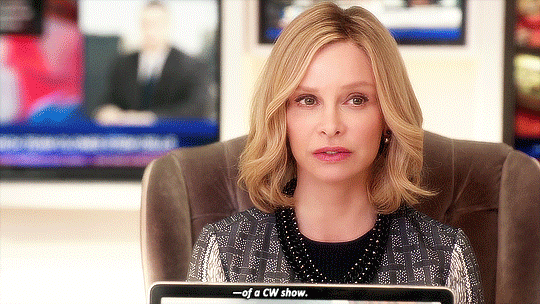
—Cat Grant, Supergirl, "World's Finest"
#Supergirl#Winn Schott#Barry Allen#James Olsen#Kara Danvers#Cat Grant#Jeremy Jordan#Grant Gustin#Mehcad Brooks#Melissa Benoist#1.18 World's Finest#Calista Flockhart
377 notes
·
View notes
Text
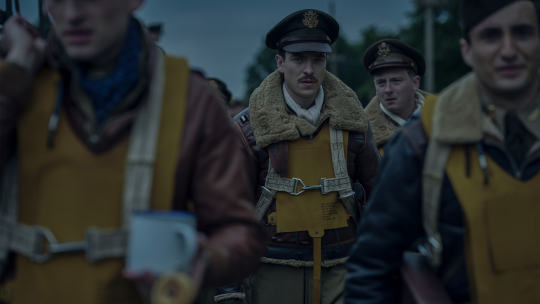




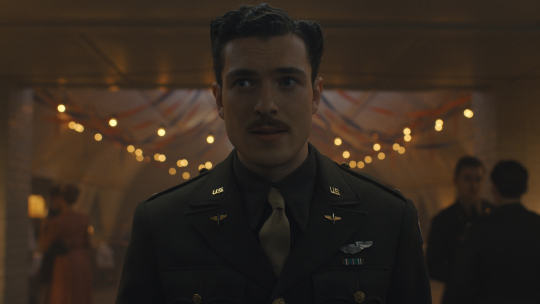
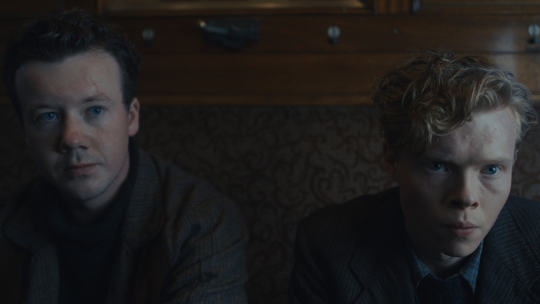
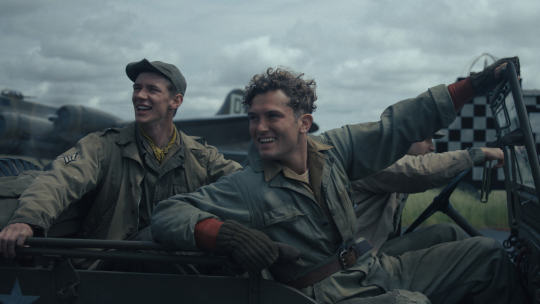
new stills for episode 4!
#ROSIE and GROUND CREW and FRENCH RESISTANCE??!!?! ooooohhhhhh i will be Seated!!!#i genuinely missed the ground crew last episode. but that episode wasn't about them. but still lol#but they're Back!!#and ROSIE'S RIVETERS?! i'm gonna lose my mind#and bonus excitement for quinn and chuck#for whatever reason i've grown attached to the saddest strawberry blond put to screen. and his weird friend lol#masters of the air#hbo war#stills#e4#nate mann#josh bolt#kai alexander#bailey brook#austin butler#edward ashley#david shields#callum turner#samuel jordan#raff law
125 notes
·
View notes
Text


🌈❤️Charly Jordan, Olivia Ponton and Emma Brooks❤️🌈
🌈❤️💋
#🌈crush#amazing abs#🌈❤️💋#Charly Jordan#Olivia Ponton#Emma Brooks#Charly Jordan Olivia Ponton and Emma Brooks
50 notes
·
View notes
Text
&j tour 12/28/24 notes (evening)
covers are usman!lance, fransisco!sly, jaydon!augustine, and jourdan!gregory (the board also had a mistake and said it was lois!juliet while actually being rachel)
act 1
- there was an audio delay with the pit in i want it that way but the players managed to fix it at the end of the song
- rachel did this amazing opt up at the end of baby one more time
- francisco and naima are incredible capulets together they served so much cunt
- nick almost fell off the bed when they flopped onto it
- also this was the first time i think ive seen a verona group (juliet anne may and angelique) that were all relatively the same height which is funny
- during all of the show me love stuff when they’re in paris, corey just sits and sulks on the carriage
- mateus was INTENTLY focused on their gameboy, barely looked at lance while talking to him
- usman kept hip thrusting while talking about fucking frankies mom
- kathryn put their hands on nicks back after the bouncer called them all ladies
- nick already had their crown off before meeting frankie
- NICK AND RACHEL DID THE PINKIE SWEAR THING AFTER SAYING THEY WERE BEST FRIENDS BUT RACHEL THEN KISSED THEIR FIST LIKE??? ADORABLE I LOVE THEM
- mateus is also like the most nervous frankie ever he is terrified of things
- some of the players come and watch the end of overprotected
- mateus does a robot dance when he calls themself dangerous
- they also did a thumbs up towards the audience when he kissed rachel
- usman is such an energetic lance to the point where he almost fell of the bed when rolling on it
- he also did puppy dog eyes when he said “and you are back”
- corey and teal were just being super duper silly during the tango scene
- camille did the “does he mean you?” thing to jourdan when the young man bit was brought up
- nick held mateus’ cheek during kag
- also their kag is like putting the most confident may and the most anxious wet cat frankie together and i adored it
- at point also they had their arms around each other and i was screaming internally (they might need their own post tbh)
- josh picked up teal in it’s my life??
- michael romeo kept popping up and down while juliet and anne talked during it’s my life
act 2
- michael did a ballet jump across the stage in lmlyd
- michael started copying benvolio’s gestures during since u been gone
- whattaya want from me was just really intense and nick was so upset by the end i felt like exploding
- during problem michael hit the highest notes ive heard any romeo hit ever that was crazy
- kathryn and michael had a staring contest before he tried to steal the hat and then he covered his face with said hat
- mateus just seemed?? really scared of corey but also really tired of him during the scene where they assemble the band
- teal’s ttwii is amazing like her voice is so cool i love her
- usman and michael were like. peacocking? near each other before everybody? idk how to describe it it was funny
- when corey called him frankie deboi mateus flat out screamed “DUBOIS!!” in his face and it killed me
- while mateus read his vows and tilted their arm weird rachel tried to tilt her head to read his vows too
- for shape of my heart nick and mateus were just holding onto each other and hugging a lot. like at one point nick just wrapped their arms around his left arm it was adorable
- roar sure was roaring tonight once again it was my “try not to cry challenge” (i survived barely rachel was fucking KILLING it)
- not a show thing but during bows mateus dipped nick down before they both ran downstage which was very cute
#im probably going to write more fanfiction now#&juliet na tour#&juliet musical#&j#&juliet north american tour#and juliet#monty monolouges#rachel webb#francisco thurston#naima alakham#nick drake#corey mach#mateus leite cardoso#usman ali mughal#kathryn allison#teal wicks#camille brooks#jourdan ibe#josh jordan#michael canu
9 notes
·
View notes
Text
Judge me based on my comfort characters!
#hello neighbor welcome to raven brooks#hello neighbor#toon turf#fairly odd parents a new wish#riggy the rabbit monkey#nicky roth#Jordan the rabbit monkey#molly the mabbit#peri fairywinkle cosma#comfort characters
11 notes
·
View notes
Text

These are the episodes of Supergirl that Kevin Smith directed. Which is your favourite?
#supergirl#kevin smith#kara zor el#kara danvers#melissa benoist#alex danvers#chyler leigh#lena luthor#katie mcgrath#jimmy olsen#mehcad brooks#chris wood#jesse rath#brainiac 5#mon-el#nia nal#nicole maines#winn schott#jeremy jordan
9 notes
·
View notes
Video
youtube
The Injustice Society Of America || Blood in the Water
I made something! I had a lot of fun with this. The JSA features heavily in this since i didn’t know how else to tell a story since they both go so hand in hand in stargirl (hence i put them in the tags). I’m very proud. I hope you enjoy it if you watch it!
#youtube#stargirl#dailydcvillains#dailyjsa#dc comics#dc universe#justice society of america#injustice society#jsa#isa#icicle#jordan mahkent#richard swift#the shade#brainwave#henry king sr#sportsmaster#larry crock#tigress#paula brooks#dr midnite#charles mcnider#hourman#rex tyler#wildcat#ted grant
10 notes
·
View notes
Text
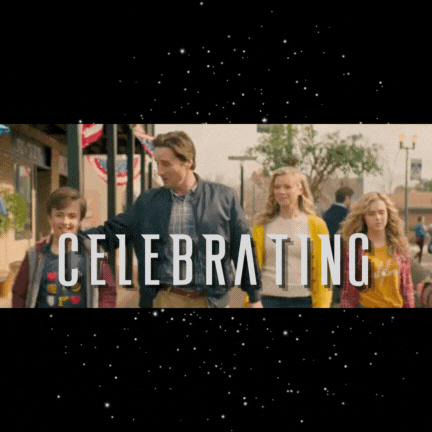
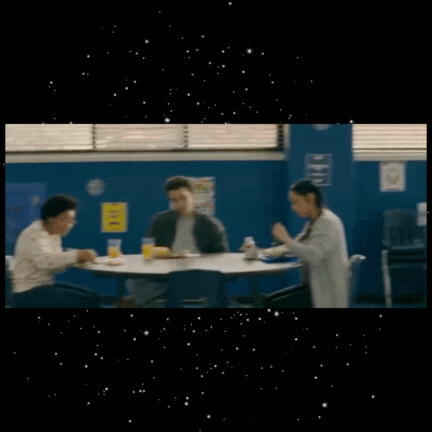
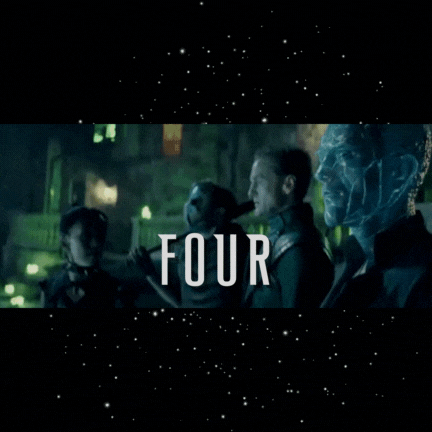
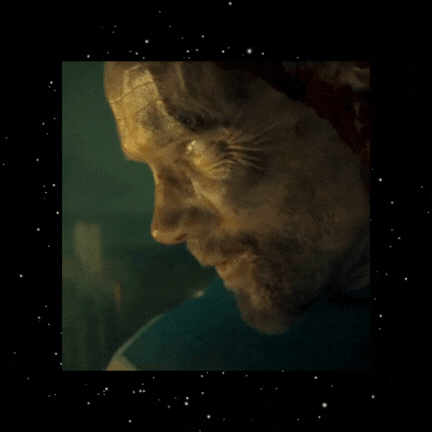
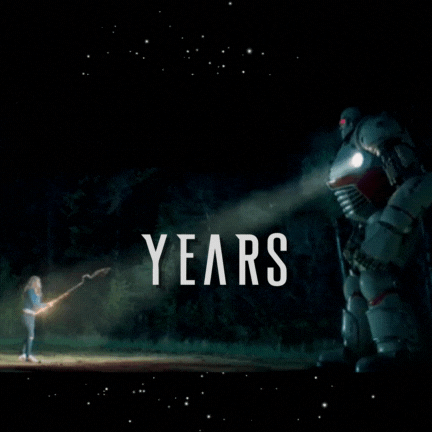
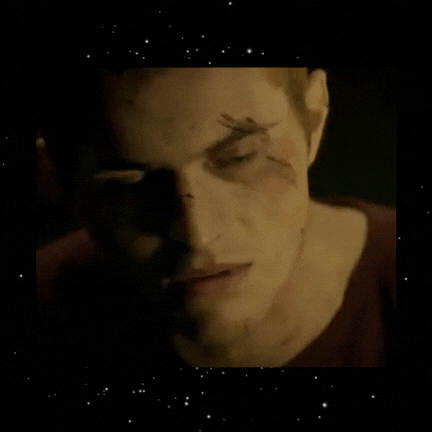
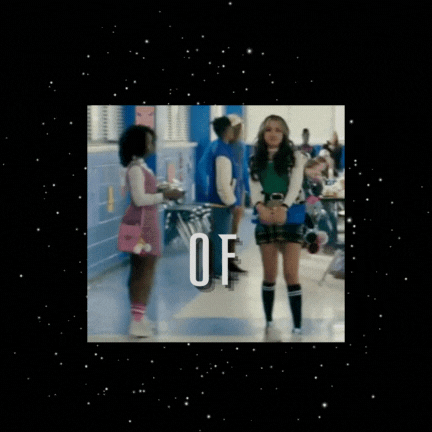
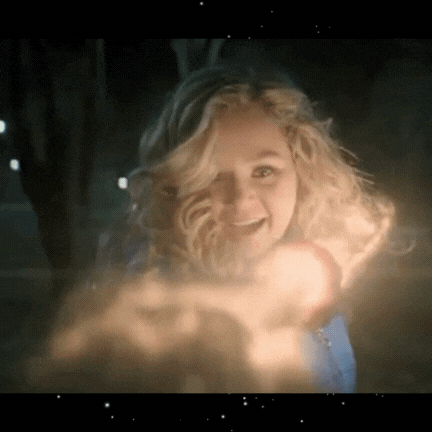
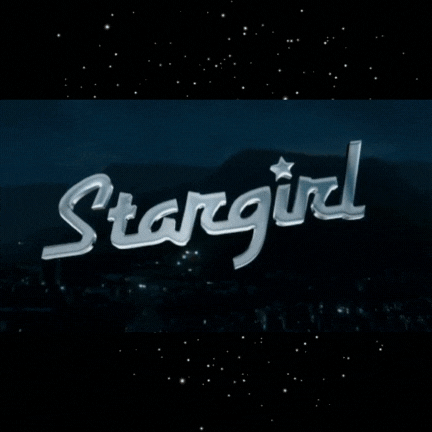
"Pilot" - May 18th, 2020
#dc stargirl#stargirl#1x01#stargirl 1x01#1x1#brec bassinger#courtney whitmore#luke wilson#pat dugan#amy smart#barbara whitmore#trae romano#mike dugan#anjelika washington#beth chapel#cameron gellman#rick tyler#yvette monreal#yolonda montez#joy osmanski#paula brooks#neil hopkins#crusher crock#christopher james baker#henry king sr#neil jackson#jordan mahkent#joel mchale#sylvester pemberton#jake austin walker
16 notes
·
View notes
Text
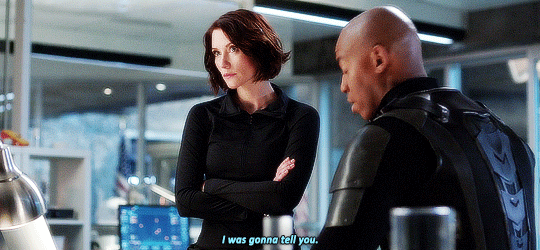

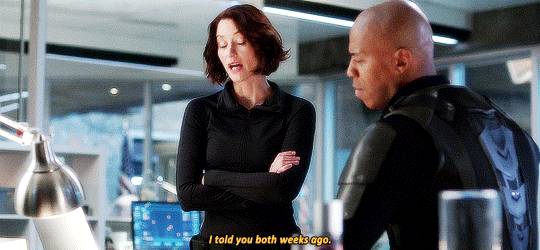



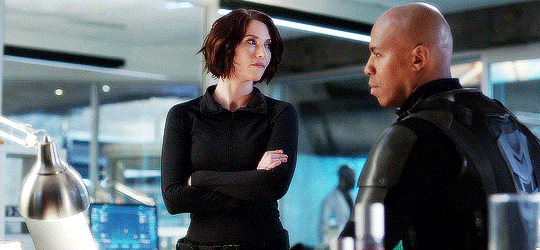
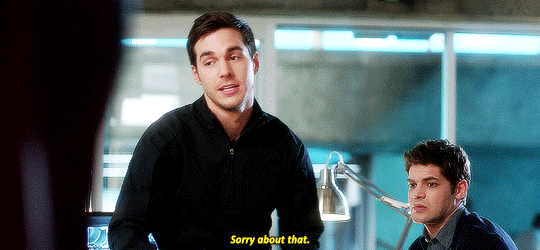
—Supergirl, “We Can Be Heroes”
#Supergirl#Melissa Benoist#Kara Danvers#Mon-El#Chris Wood#Karamel#James Olsen#Alex Danvers#Winn Schott#Mehcad Brooks#Jeremy Jordan#Chyler Leigh#2.10 We Can Be Heroes#Super Strength | Mon-El#Mon-El Apologizes
159 notes
·
View notes
